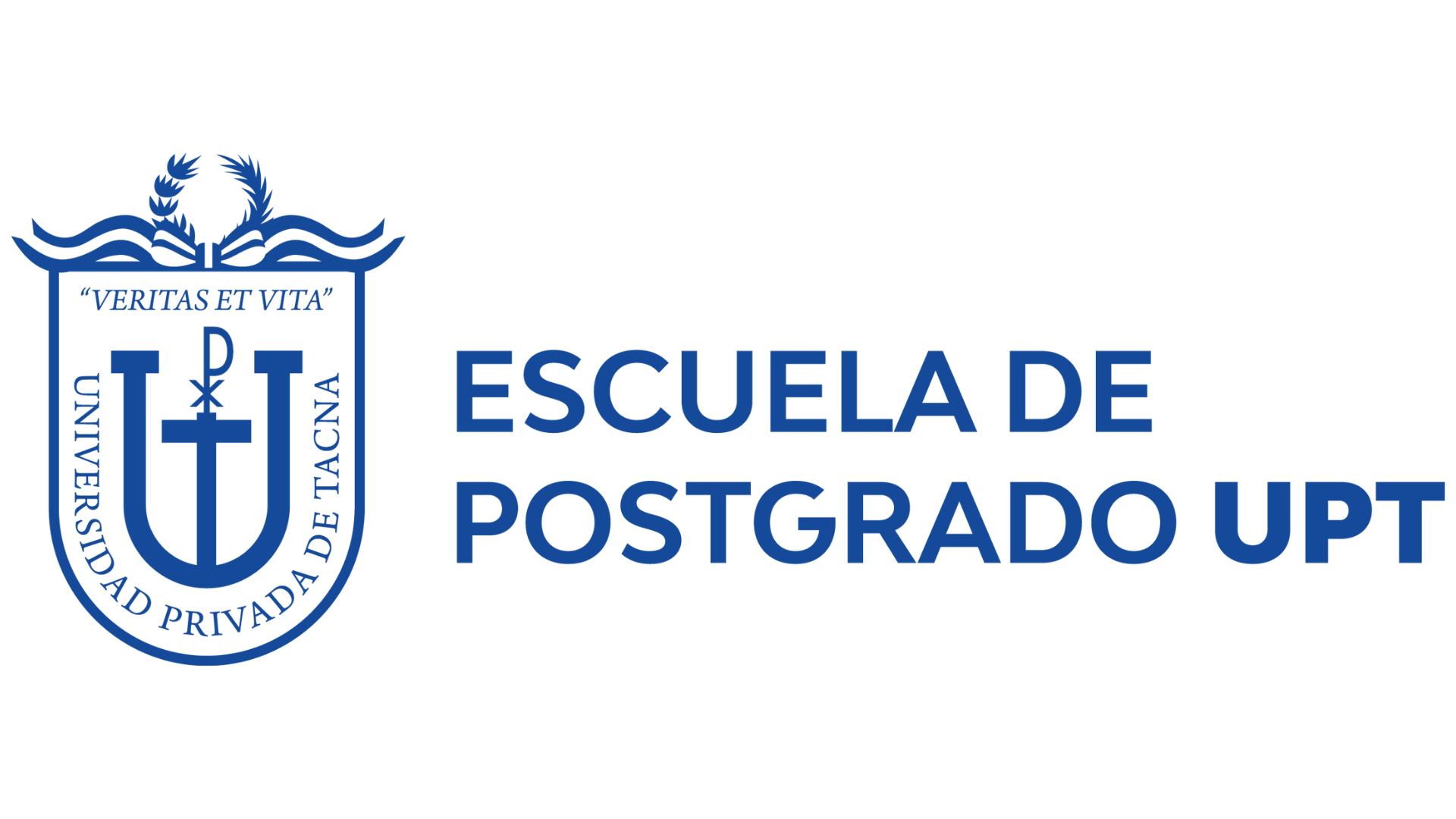Innovación clandestina en PYMES mexicanas
DOI:
https://doi.org/10.47796/ves.v10i2.566Palabras clave:
Vocación innovadora, PYMES, México, grupos de interés, cadena productivaResumen
Propósito: Las pequeñas y medianas empresas (Pymes) son significativamente relevantes en la economía mexicana, empleabilidad e innovación. En términos de comprender la innovación informal, el presente trabajo analiza la “innovación clandestina”.
Diseño metodológico: Utilizando los datos disponibles en la Encuesta Nacional sobre Productividad y Competitividad de las Micro, Pequeñas y Medianas Empresas (ENAPROCE), se analiza la correlación entre innovación organizacional, innovación de marketing, de procesos y de producto para comprender su respectiva interacción; después, se realizó una prueba de correlación parcial considerando el número de certificaciones formales obtenidas (Marcas, Patentes, Modelo de utilidad y Diseños industriales) como una variable de control para obtener los coeficientes de correlación parcial. Las relaciones parciales entre grupos de interés e innovación clandestina en las Pymes mexicanas se clasificaron en tres categorías de correlaciones parciales: positiva (la persona que toma las decisiones, las posiciones directivas y de supervisión, la capacitación externa y la participación en cadenas productivas), negativas (proveedores de primer nivel y financiamiento de bancos comerciales) y generales (uso de computadoras, educación superior y ser proveedores de gobierno).
Resultados: Los resultados muestran que las relaciones parciales entre diversas partes interesadas son significativas para la innovación que se registra formalmente en las Pymes mexicanas, lo cual representa un indicador relativo a un sector dinámico que responde a las necesidades y expectativas de factores internos y externos en términos de la introducción de nuevos productos, procesos, así como cambios en marketing y de tipo organizacional, mostrando un mejor enfoque para comprender el fenómeno en empresas pequeñas y medianas.












